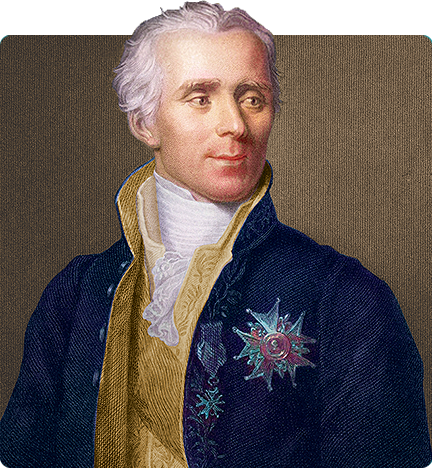" The most important questions of life are indeed, for the most part, really only problems of probability. "
- P. Simon Laplace (1749-1827)

Alpha Signals: built to help.
Laplace Insights was founded to democratize asset managers’ access to advanced Machine Learning and Artificial Intelligence, and in turn, to help more investors reach their financial goals.
We know that advanced forecasting can empower portfolio managers to consistently outperform their benchmarks and their peers, while also reducing risks and volatility.
At Laplace, we leverage advanced approaches to machine learning and artificial intelligence, purpose-built to deliver alpha-producing signals for investment professionals. We’ve built PSIMON, our machine learning platform, to be resilient and robust in the face of difficult and uncertain markets, while helping managers produce consistent, benchmark-beating returns over the long run.
While we will never claim that PSIMON can exactly predict the future, we do perform extensive statistical analysis of the past, providing data-intelligent, objective guidance to guide investors in the future. We also perform rigorous stress- and back-testing of our systems to ensure consistent, reliable performance over a wide range of market conditions. All this with the goal of reducing investment uncertainties and gaining a clearer understanding of what’s really driving the markets, above and beyond the frenzy of daily news.
From day one, we understood that our work can empower the investment managers we work with, and in turn, the investors they serve. We work tirelessly to earn and retain their trust, a commitment we don’t take lightly.
Pierre Simon, Marquis de Laplace is known to some as the French Newton; a brilliant mathematician, engineer, scientist and philosopher. A pioneer in both mathematical physics and statistics, he thought deeply about probability and is considered by many — including us — as the father of modern data science.
